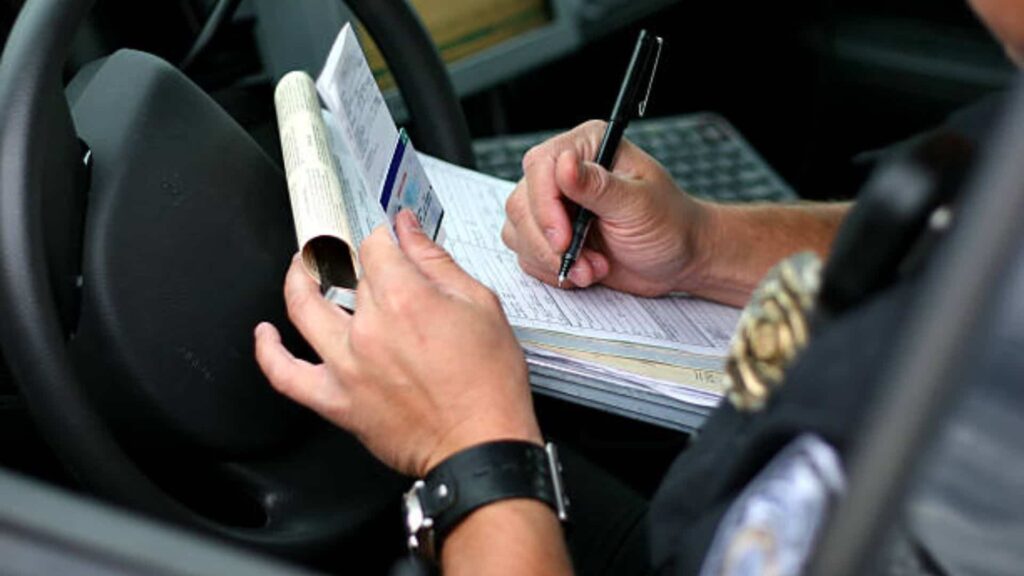Traffic accidents can be chaotic and disorienting events. In the aftermath, emotions run high, and individuals involved may not always make the best decisions. Unfortunately, leaving the scene of an accident, known as a hit and run, is a serious offense under Florida law.
In this guide, we will uncover the intricacies of Florida Statutes Sections 316.061–316.063, exploring the definition of hit and run, the specific penalties outlined in Section 316.061, and the nuanced implications when injury or death is involved.

Leaving the Scene of An Accident in Florida outlines the legal framework for dealing with individuals who leave the scene of an accident. These statutes define the obligations of parties involved in a crash and the penalties for failing to fulfill these responsibilities. Section 316.061 outlines explicitly the obligation for a driver engaged in a collision to stay at the scene, furnish identification, and offer reasonable assistance to individuals harmed in the incident.
Hit and run occurs when a driver involved in a collision fails to fulfill their legal obligations. These obligations include stopping at the scene, exchanging information with the other parties involved, and assisting those who may be injured. Fleeing the scene without fulfilling these responsibilities is a violation of the law.

Florida Statute Section 316.061 outlines the penalties for fleeing a scene of an accident. The penalties’ severity depends on the damage’s extent and whether there are injuries or fatalities. In cases where the accident involves only property damage, leaving the scene is considered a second-degree misdemeanor, punishable by fines and potential imprisonment.
When an accident injures someone, the offense is heightened to a third-degree felony. This is a more serious charge, and the penalties are substantially increased. A driver convicted of a third-degree felony hit and run could face significant fines, probation, and a lengthy prison sentence.
In cases where the accident results in the death of a person, leaving the scene becomes a first-degree felony. The penalties for a first-degree felony are the most severe, including substantial fines and the potential for a lengthy prison sentence.

To understand hit and run laws in Florida, it’s essential to examine the specific elements that constitute the offense. The key components include:
Reporting to Law Enforcement: In certain circumstances, drivers are required to report the crash to law enforcement. This typically applies to accidents that result in injuries or fatalities.

If you find yourself facing charges for leaving the scene of an accident, seeking legal guidance is imperative. Various defense strategies may be employed to navigate the legal complexities associated with hit and run cases:
Ready for a Fresh Start? Erase the Case specializes in expunging felony battery records in Florida. Take control of your future—minimize the impact of your past. Contact us today for a confidential consultation.
Yes, you can sue someone for a hit-and-run in Florida. Victims may pursue civil action to seek compensation for damages resulting from the incident.
The duration a hit-and-run stays on your record in Florida varies. It depends on factors such as the severity of the offense and any legal actions taken.
In Florida, leaving the scene of an accident is considered a criminal offense. The severity of the crime is categorized as either a second or third-degree felony, depending on whether the accident involves injuries, fatalities, or only property damage.
The number of points for leaving the scene of an accident in Florida depends on the circumstances. The Florida Department of Highway Safety and Motor Vehicles assigns points for traffic violations.



